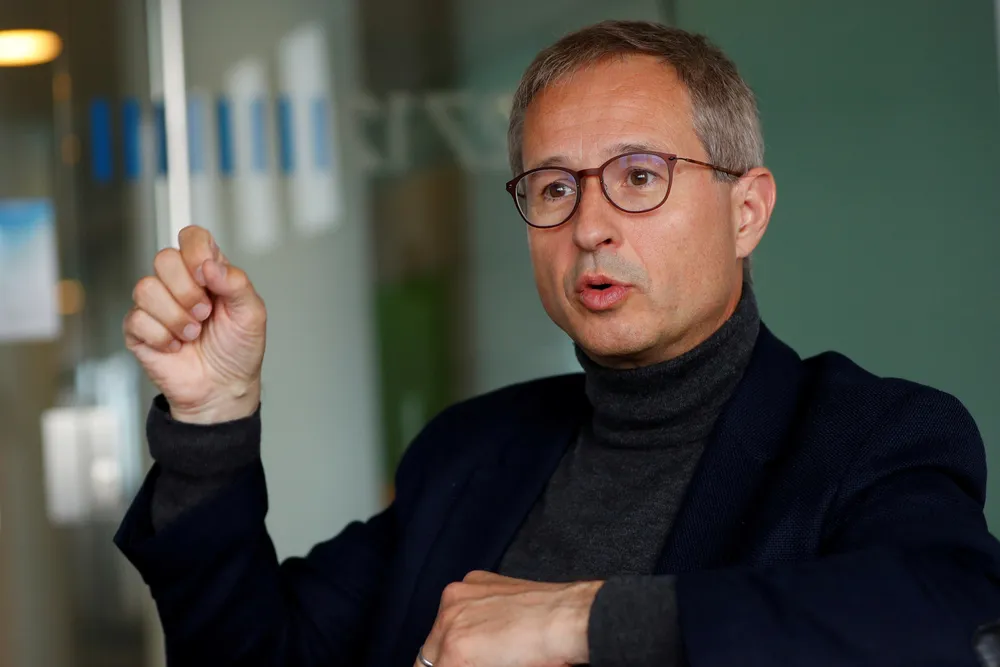OMV writes down Russian assets and continues to study ruble payment demands
Austria's company revenues grow to record levels, with Russian gas flows continuing uninterrupted

Austria's company revenues grow to record levels, with Russian gas flows continuing uninterrupted
